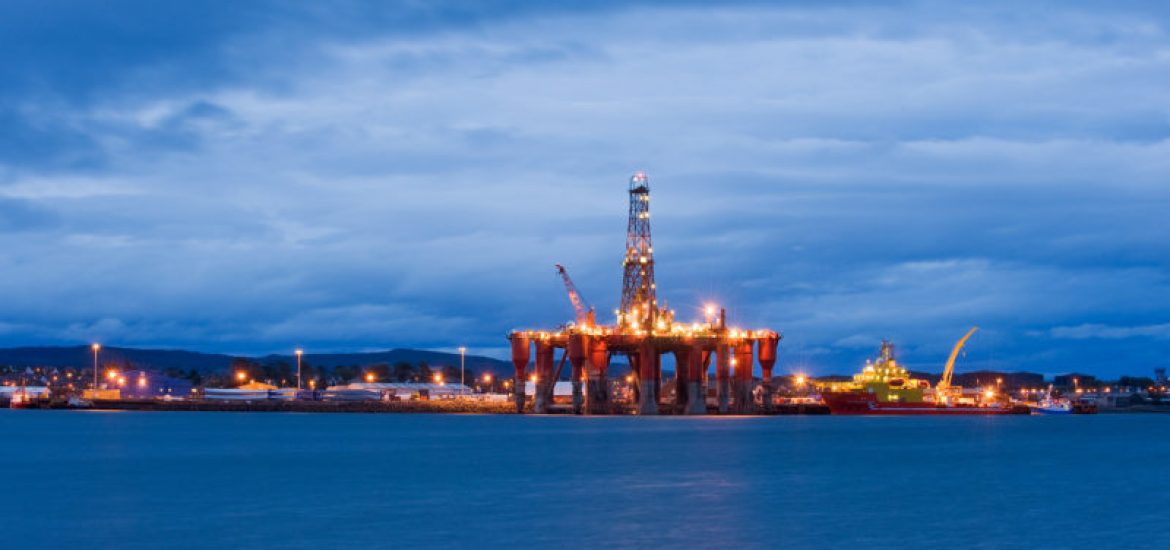
Total’s North Sea oil workers are to stage a series of offshore strikes in a dispute over pay and conditions.
The Unite union said the move, which will affect three platforms run by the French oil and gas giant, followed a vote in favour of industrial action last month.
Staff at the Alwyn, Dunbar and Elgin platforms will strike on five days between July 23 and August 20.
The union said there would be a continuous ban on overtime from July 23 over a suggested wage review and plans to increase offshore working time.
Total said it still hoped for a negotiated solution.
The firm raised tensions with employees last week when it said it was increasing security after threats of industrial action by the staff concerning a wage review. Workers were also angered over the firm’s plans to hold a staff barbecue in the midst of the redundancies.
In an internal memo last Friday, Total said it would introduce “security measures” at its UK headquarters in Westhill, Crawpeel House in Aberdeen, Shetland Gas Plant and its warehouses and quaysides.
Regional officer Wullie Wallace at the union said: “The overwhelming vote in favour of strike action demonstrates the fury at Total’s proposals to impose changes to the working practices and conditions on its three platforms.
“There remains a closing window of opportunity for Total to behave responsibly and engage with Unite to revise its current offer.
“However, if Total does not wish to negotiate, then they will be left in no uncertain terms of the strength of feeling of Unite members which will lead to widespread disruption of the company’s operations.”
Jean-Luc Guiziou, the controversial managing director of Total’s UK operations, said: “Our workforce at the Shetland Gas Plant and on the Elgin, Alwyn and Dunbar platforms do a very good job and we will do our best to work towards a resolution of this dispute.
“I know from talking to our workforce that we can find a negotiated solution. We have started a structured process of meetings and workshops that will hopefully allow us to reach a consensus.”
“By moving to a 3/3 [three weeks on, three weeks off] rota, we’ll be in a much stronger place to grow our business and increase operational excellence.
“Our objective is to seek a rota system that both enhances overall safety and is the most efficient – in this way we will ensure the long-term sustainability of our business in the North Sea.
“I also believe that we will only move forward together, so I look forward to a constructive dialogue with our offshore staff and their representatives.”
North Sea oil remains key to northwest Scotland. Picture credit: Flickr





